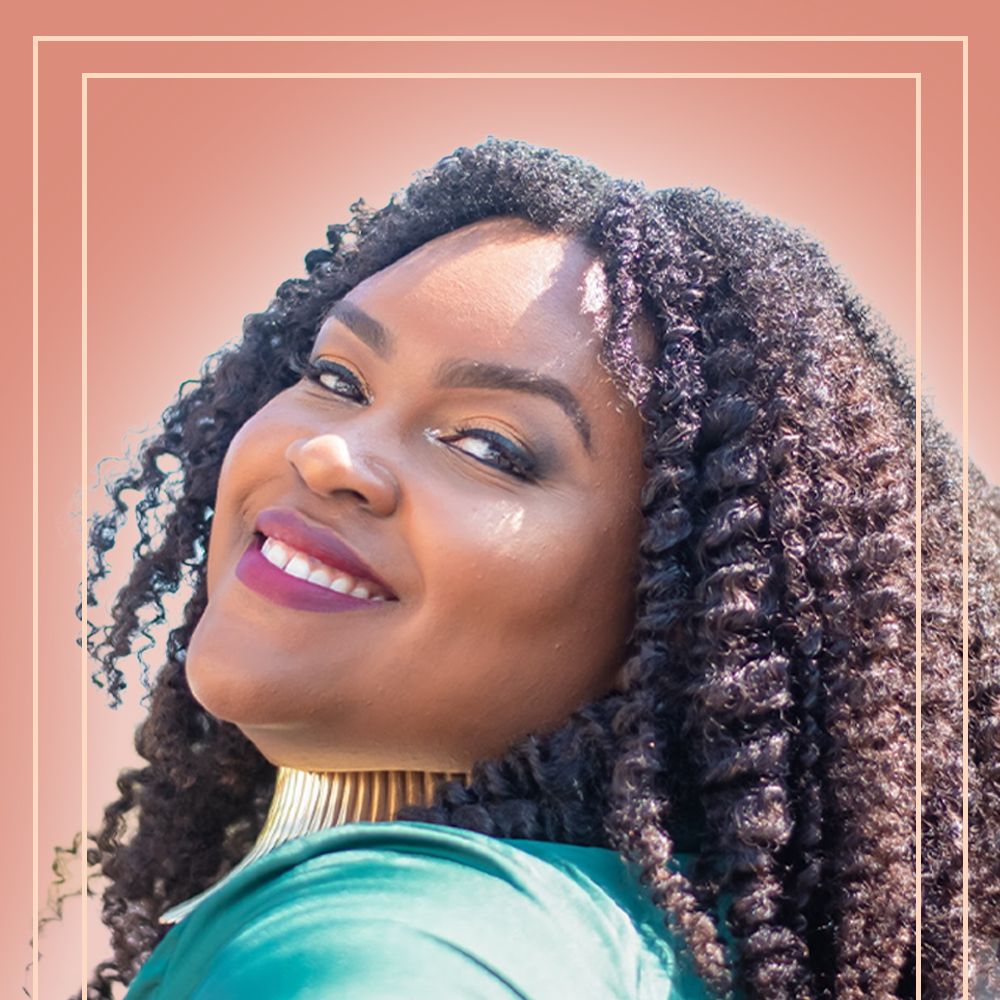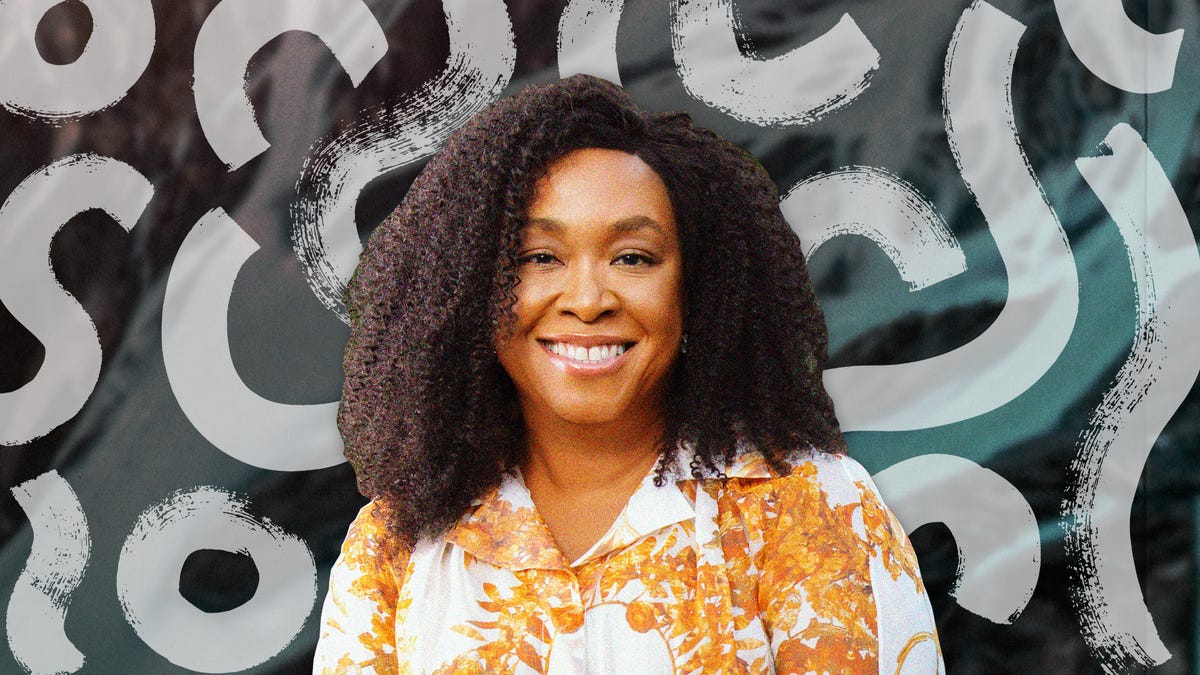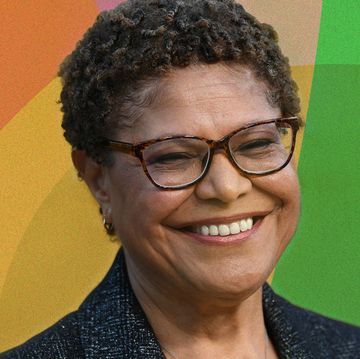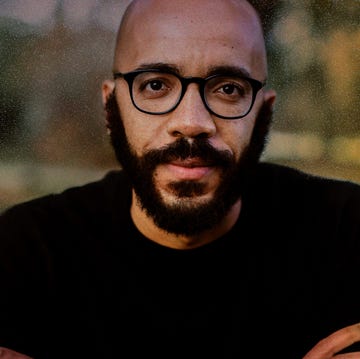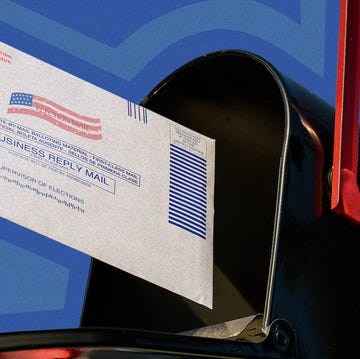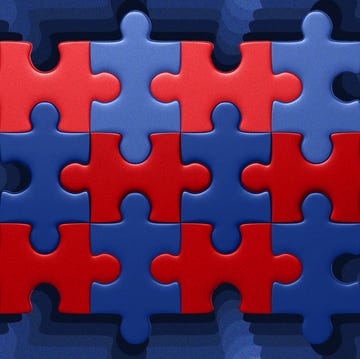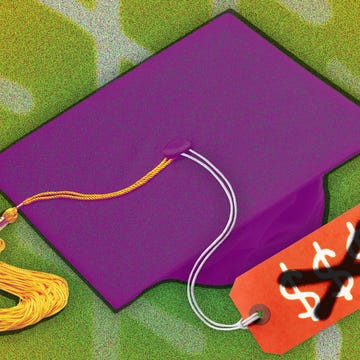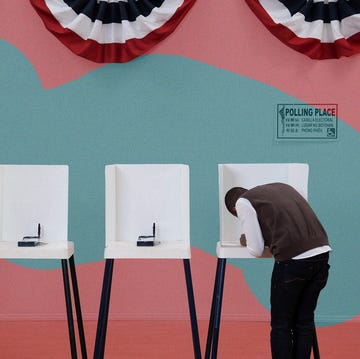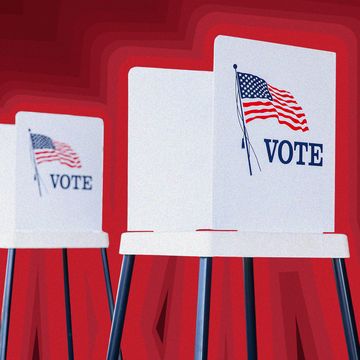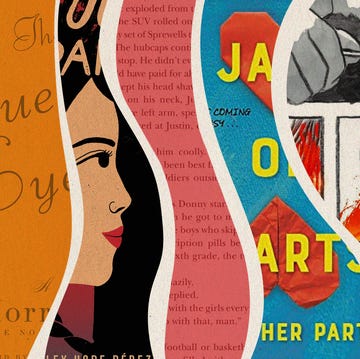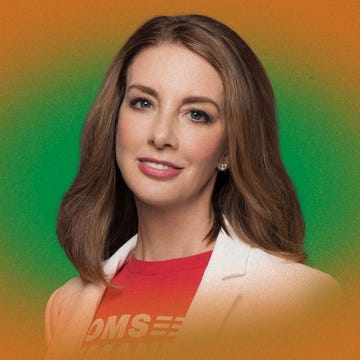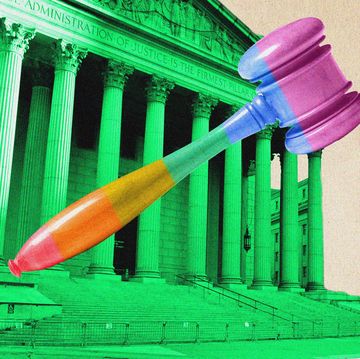Women are the backbone of society, but their contributions have often been overlooked. For Women's History Month, we're spotlighting everyday women who are not only making history, but are also positively impacting their communities as well.
After long, harsh winters, we all long for the signs of spring — the budding flowers and sunshine, bumblebees and butterflies, frogs and soft rain showers. But in Baltimore, they also look out for the smell of gas and the sound of revving dirt bikes.
For Brittany Young, a former NASA engineer and founder of B-360 — an initiative that introduces Baltimore kids to the STEM field through dirt bikes — both the sport and science have long been part of her life. To her, and many Baltimore residents, dirt bikes represent joy, freedom, and culture. Science has been her passion since she was six years-old. And now, she’s teaching her students how to combine the two, creating a fun and exciting experience that also challenges them.
“I used to go to the park in the summer with my family to watch the dirt bike riders, and then I’d watch Bill Nye the Science Guy,” the West Baltimore native says. “I'm not a rider. But I’m an enthusiast.”
And it’s that spirit of enthusiasm that Young fosters in her students, many of whom are already experts at dirt bikes. Through B-360’s programming — which focuses on shifting street riders into safe spaces, while also providing opportunities for them to learn about STEM careers — Young has helped over 7000 kids learn about the physics and engineering behind the things they do all the time — building, customizing, and repairing their dirt bikes, and practicing different moves like popping wheelies. That real-world identification is what the kids say makes B-360 so fun.
"I ride with B-360 because dirt bikes are my passion — this is what I like to do in my free time to have fun,” says Kamiyah, a teen that participates in the program.
As a child, Young knew exactly what it felt like to be bursting with creative energy, looking for places to cultivate it. At six, she finally convinced her parents to get her a chemistry set. But it was actually for adult teachers, and a six-year-old Young found herself playing with raw materials.
“I accidentally blew my eyebrows off because of the heat from the explosion I made,” she says. “I glued people to chairs in school because I was making extreme polymers. Stink bombs, anything.”
All this was fun and exciting for Young, and then she had her first Black teacher, Ms. Taylor, in third grade. Ms. Taylor started a science club for high schoolers, and let Young come to the competitions.
“That's what kind of redirected the evil genius, mad scientist, little Brittany to think, ‘Okay, this is really a career, and I think I want to go into engineering,’” recalls Young. But her career wasn’t without its challenges, as she didn’t know many Black women engineers. “Once I went to the industry, it was one of me and I was the only me and I didn't like that.”
Now, Young fills the role Ms. Taylor played in her life, helping young talent cultivate their skills and get a different idea of who an engineer can be. The program uses its young participants' passions for dirt bikes to introduce them to well-paying careers in the sciences — a wonderful thing for a city where a third of children live in poverty.
Young started B-360 in 2017 not just to give her students a joyful and educational outlet, but also to protect them from the city’s criminalization of dirt bikes, which disportionately impacts Black teenagers. Currently, there aren’t many city parks where kids can practice their skills, so many are forced into traffic, which Young stresses is dangerous. But instead of investing in dirt bike parks, the sport is often criminalized — not just in Baltimore, but in many cities around the country.
“It adds to the level of anarchy that we see where people feel like they can do whatever they want,” former Baltimore police spokesperson T.J. Smith said about dirt bikes last October.
That same month Republican mayoral candidate Shannon Wright (who lost the general election to Brandon Scott) told FOX45, “We must increase the efforts of the Dirt Bike Task Force. We must enforce the laws on the books. We must change the ‘anything goes’ lawlessness mentality that has taken over our city."
Young says that all she and others want is a place for dirt bikes to be ridden safely, and more funding and support of programs like B-360, which she hopes to expand to other cities through partnerships.
“Why are we overlying on police instead of having programs and better systems to make sure Black six-year-olds aren't considered criminals simply because they possess a dirt bike?”
So far, the program has employed 36 former street riders, keeping them from the possibility of being incarcerated and helping them serve the kids in the community.
Although former Mayor Catherine Pugh formed a task force in 2017 that discussed local dirt bike parks, the city hasn’t begun to plan them yet. But Young is determined to help young people, dedicating herself to B-360 and the kids who love the program.
“One of our students talked to the police commissioner about why he rides, and that he wants space to do it safely,” she says. “I think those conversations are a testimony to the students and their brilliance. They don't need mouthpieces because they are in control of their own futures. We just help create the catalyst.”
Baltimore is a city that is close to Young’s heart. “I'm born and raised in Baltimore, and I’m never leaving. The city gives me the most strength and comfort,” she says. “If you can make it in Baltimore, you can make it anywhere.”
And according to Young, dirt bikes are an essential part of Charm City’s culture. The dirt bike shows are one of the few times that the polarized city brings East and West Baltimore together.
In just three years, B-360 has accomplished a lot. According to its website, since the organization began, there’s been an 81 percent decrease in dirt bike arrests in Baltimore, and the program has saved $233 million in taxpayer dollars by preventing incarceration of dirt bike riders by providing them with a safe space. Also, there were only three dirt bikes confiscated in 2020, compared to over 200 in 2017.
“As Black-led organizations, we are best equipped to solve our own challenges because we know our own communities.”
But Young is nowhere near done. She wants to get other cities to work with B-360 and implement their programming.
“More cities need to think proactively,” she says. “If we want to move the U.S. forward, that means pouring into Black communities and leaders — not with mentorships, awards, and accolades, but with actual dollars and cents so we can grow our own solutions.”
“Invest in Black people now, because if not, we pay in the future. We've paid so far with the uprisings,” she says, noting that she was inspired to start B-360 after Freddy Gray died from injuries he sustained in police custody in 2015, sparking weeks of protests.
“What I want to see is a U.S. where Black and brown people know they belong within our cities,” Young says. “What I want now is for people to really work with us, grow with us, and to acknowledge us.”
Nylah Burton is a Washington D.C.-based writer. Follow her on Twitter @yumcoconutmilk.
Get Shondaland directly in your inbox: SUBSCRIBE TODAY
